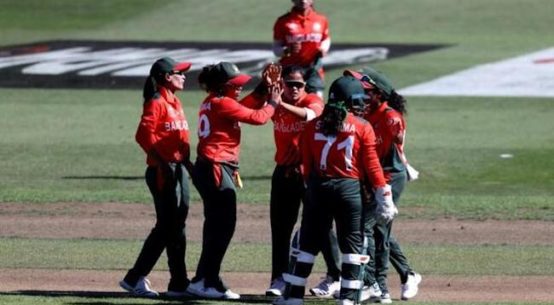
Small, retired and elderly depositors with banks, who depend on the interest earned on their savings for an income, are increasingly frustrated as the real interest rate on bank deposits has turned negative.
The real interest rate is the nominal interest rate adjusted for inflation.
In August, the average interest rate on deposits offered by banks was at an all-time low of 4.05 percent which rose slightly to 4.08 percent in September, according to Bangladesh Bank (BB).
According to the Bangladesh Bureau of Statistics (BBS) the average annual inflation in July was 5.36 per cent. In August, the average annual inflation was 5.54 percent and in September, the annual average inflation was 5.59 percent.
When the average interest rate on deposits is lower than the rate of inflation in an economy, the real interest rate is said to be negative, since a person’s income from savings is eroded by the rise in prices.
It is the same principle that applies when an employee’s earnings are annually incremented in line with the rate of inflation, so that his or her real income is not declining.
Dr. ABM Mirza Azizul Islam, former caretaker government adviser on Finance, told UNB that retired and senior citizens are facing the brunt of negative interest rates as their real income from savings has declined due to the interest rate they earn on their savings has fallen below the inflation rate.
He suggests taking initiatives to curb inflation rate to give a little relief for the people who depend on the interest earned from their deposits.
The government can emphasize creating effective bond markets. In developed countries, people prefer investing in the bond market instead of depositing money in banks, Mirza Azizul said.
The BB fixed the interest rate on deposits and loans in single digits in April 2020. The interest rate on deposits was fixed later in July of that year at 6 percent, but in reality the banks are offering an interest rate (on deposits) below 6 percent to as low as 4 percent after deducting various charges.
Former BB governor Dr. Salehuddin Ahmed said that small depositors have been suffering after the fixing of the interest rate.
“The poor and middle class save a small portion of earnings as deposits at the banks, considering the interest as a safe form of earning. But when the interest rate is so low that it drops below the inflation rate, the value of their money is effectively declining. As a result, public savings habits will decline,” he added.
The economists said that depositors may instead divert their savings to more risky non-banking channels – such as the stock market or bond market.
As per the central bank instruction, in determining the rate of interest or profit in a particular month, one has to take into account the rate of inflation three months before of that month.
The BB issued a circular in August 2021 on interest rates. It stated that the interest on term deposits cannot be lower than the three-month average inflation rate. Even then, the average interest rate on deposits offered by banks is much lower than inflation.
Although the banks have been asked to implement the directive since the circular was issued, the average interest rate on bank deposits came down to the lowest level by the end of August.
The interest rate on deposits in September is to be determined on the basis of June inflation. Last June, the average annual inflation was 5.84 percent.
On the other hand, the average interest rate on deposits collected by banks in September was 4.08 percent. But even five years ago, the interest rate was 7.80 percent, while inflation was still in the same range that it is now.
Sharing his own experience, former Managing Director and CEO of Pubali Bank limited Md. Abdul Halim Chowdhury told UNB that he has been suffering the same problem after retirement.
“I have no other business, after retiring last year. I kept my savings in a bank, earning only the interest on it, as a result I am suffering to maintain the same standard of living for my family as the interest rates fell ever-lower than the rate of inflation,” he mentioned.
He urged the authorities to consider an alternative interest rate on deposits for retired and elderly people, above the rate of inflation, to help them maintain their living standard from the interest earned on deposits, as many of them have no other choice to earn an income.


